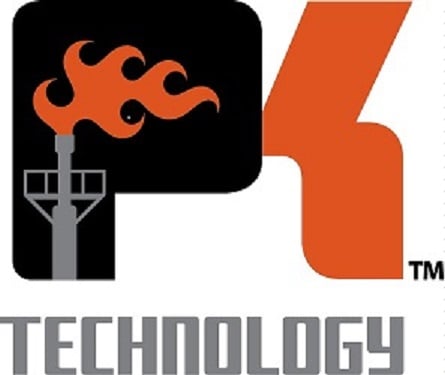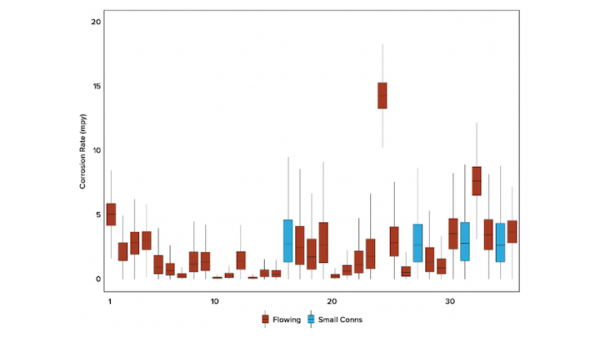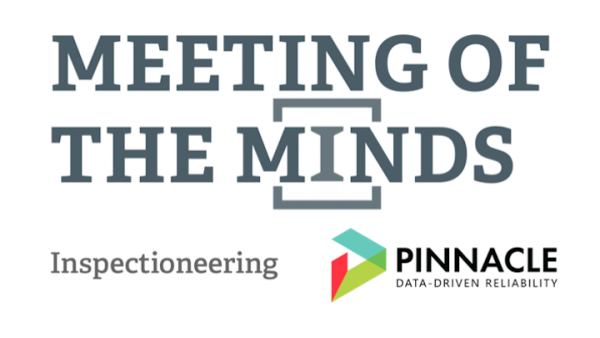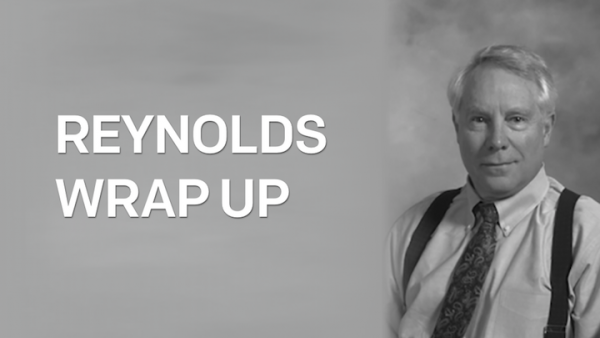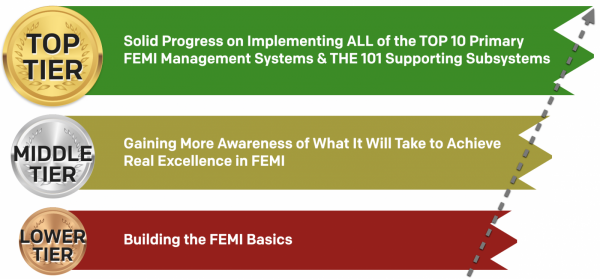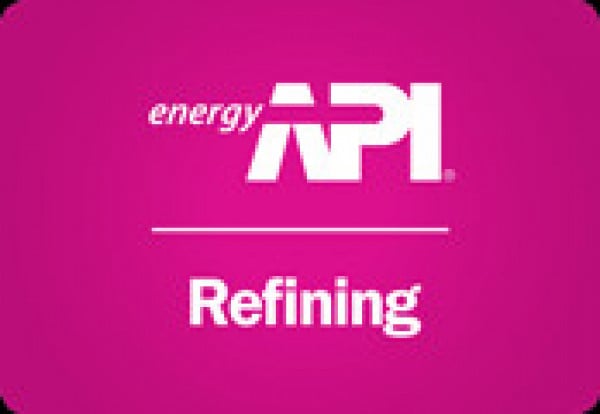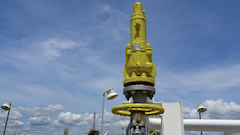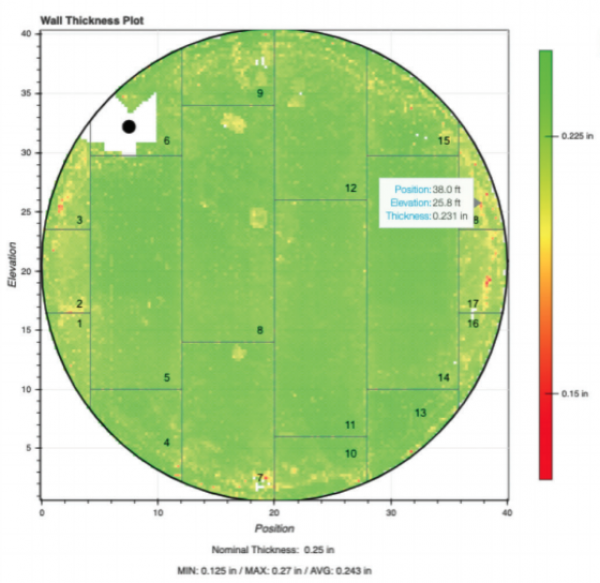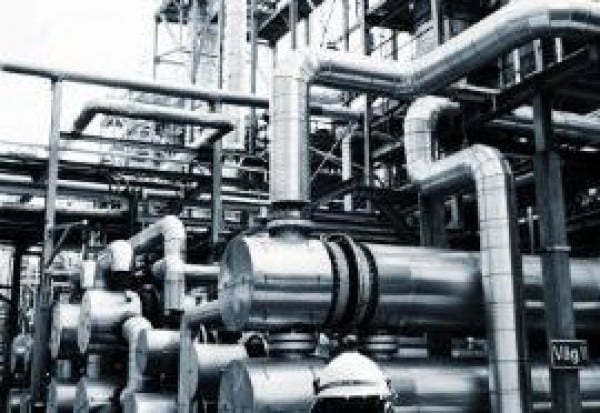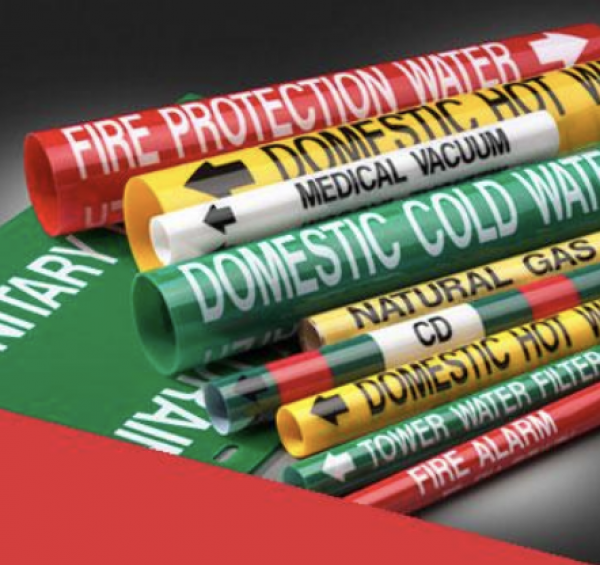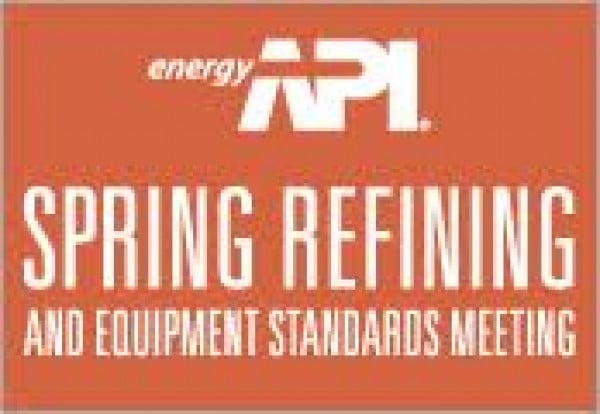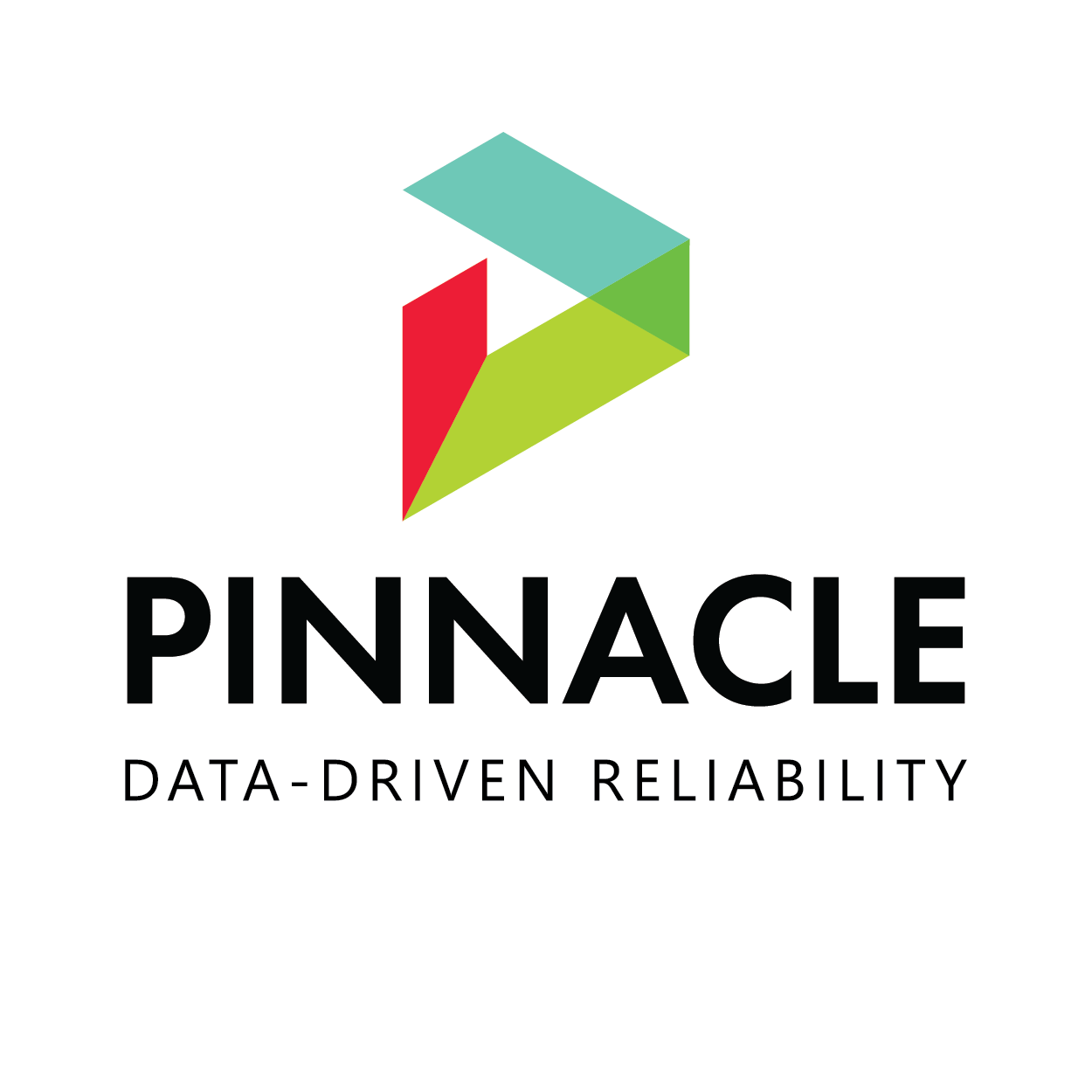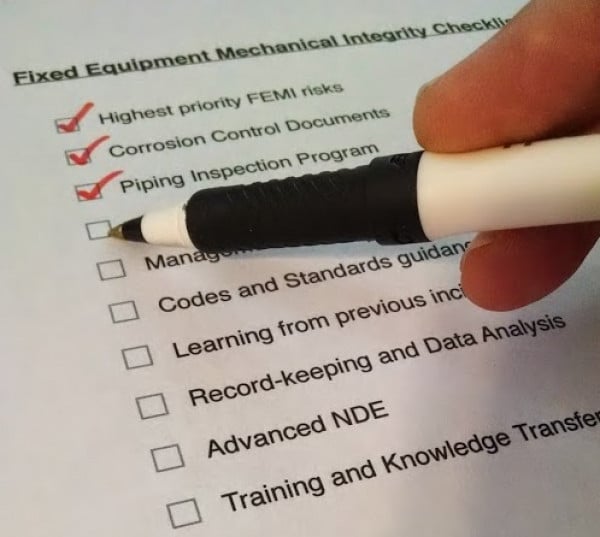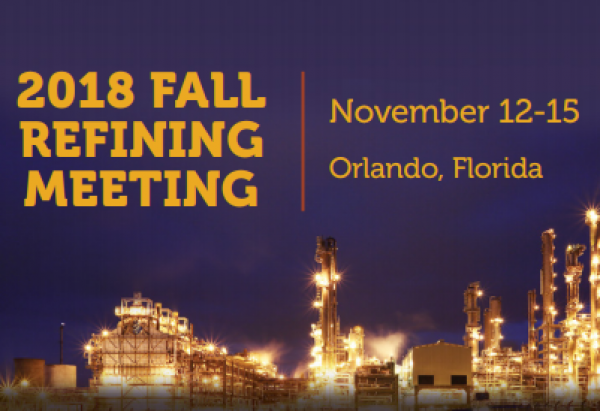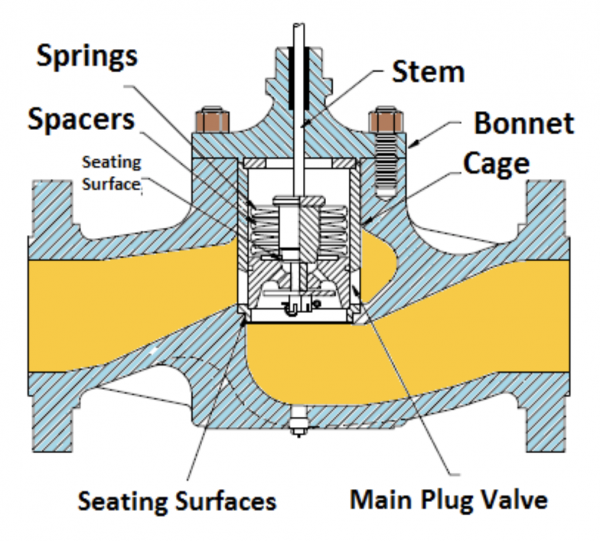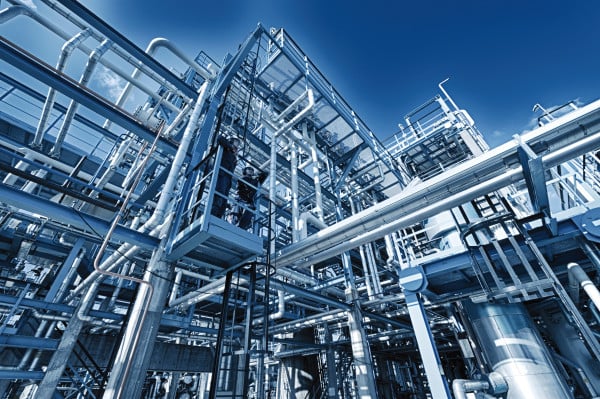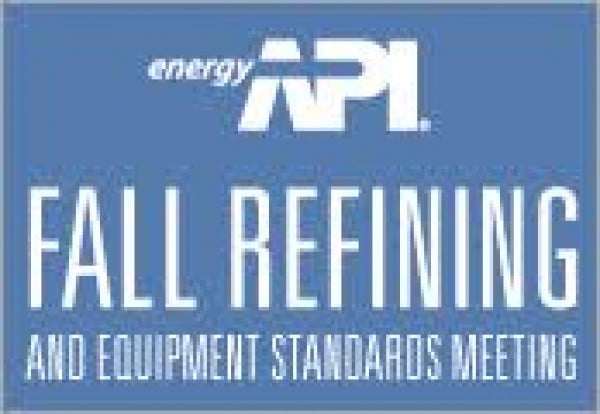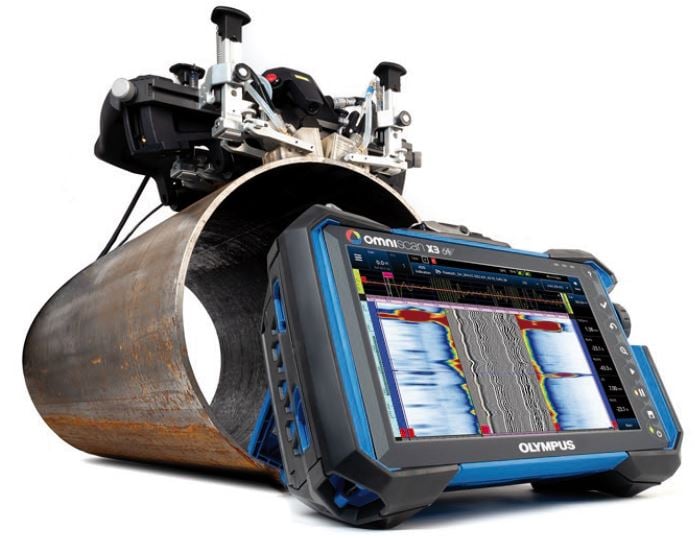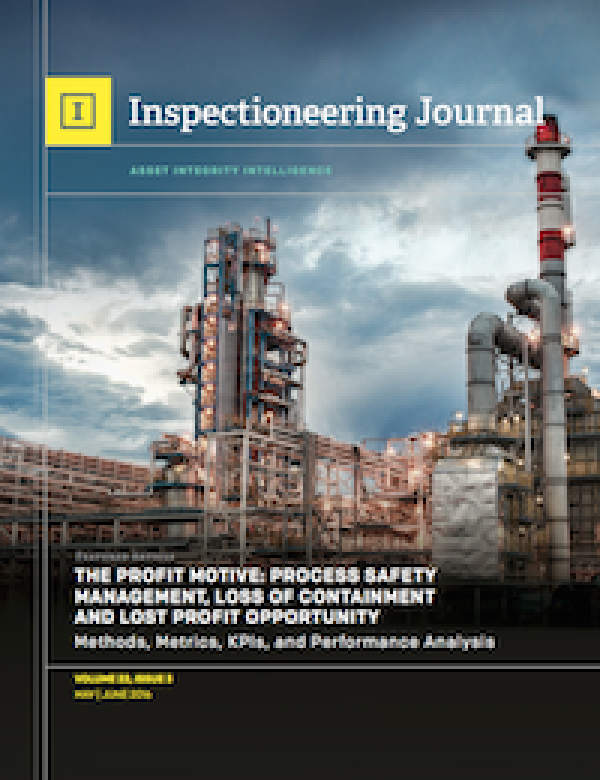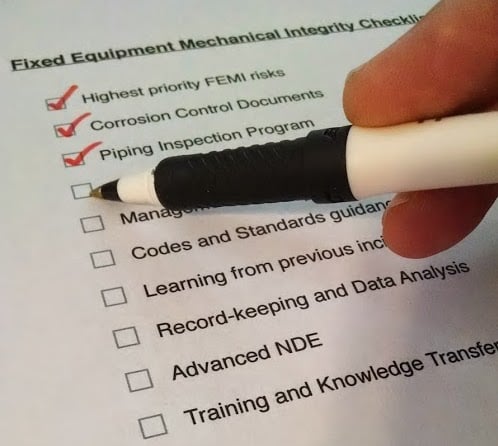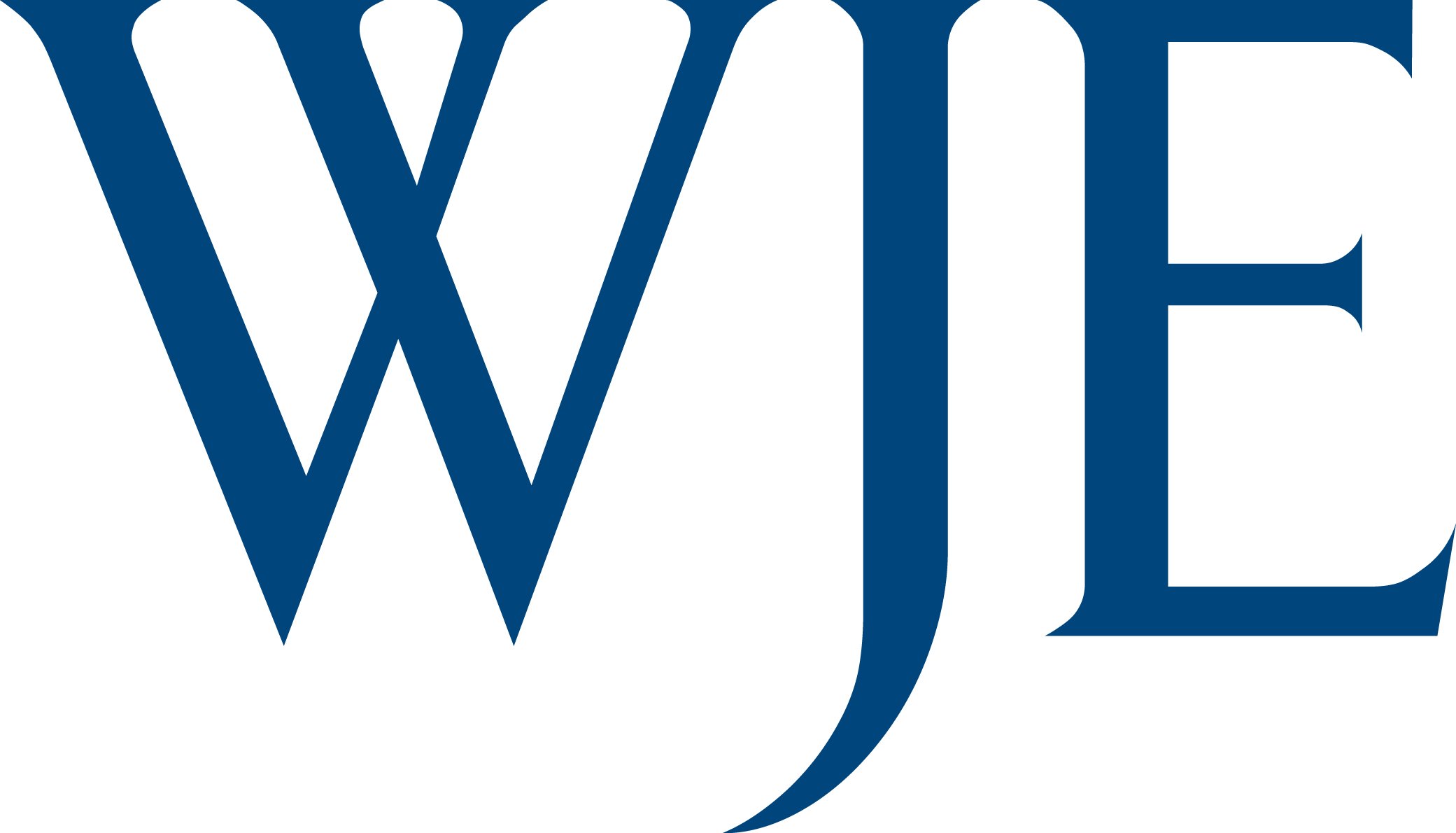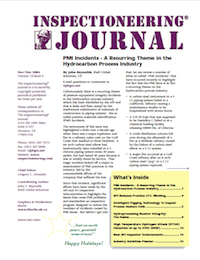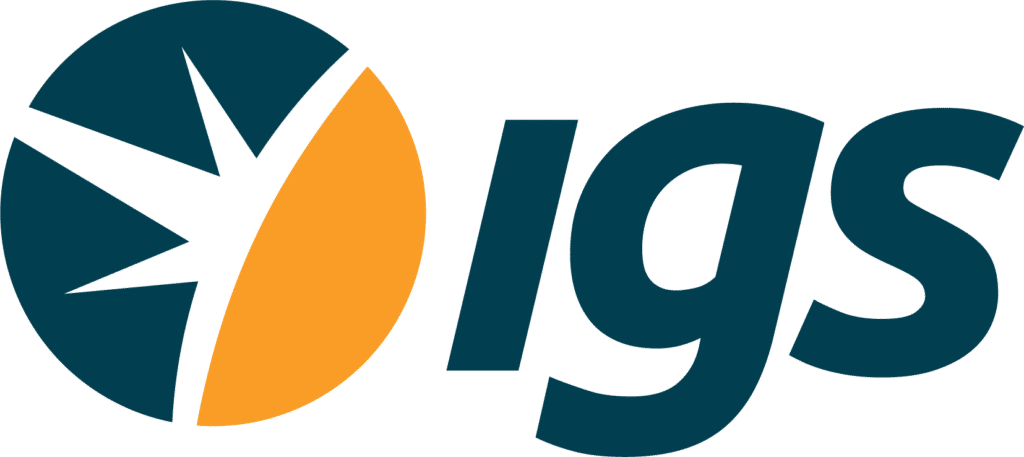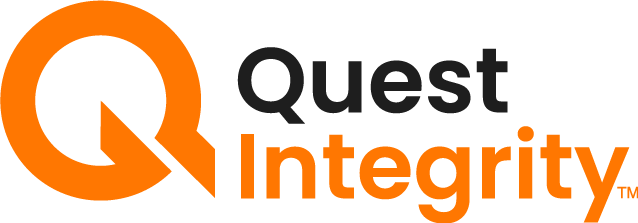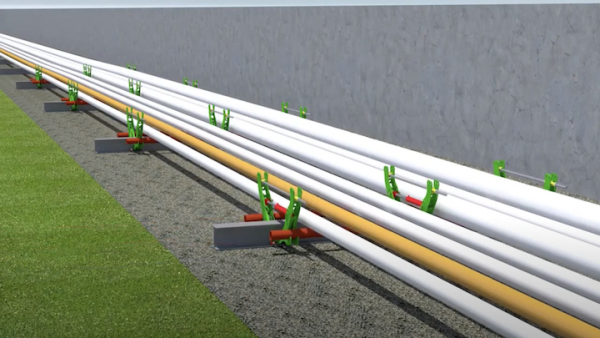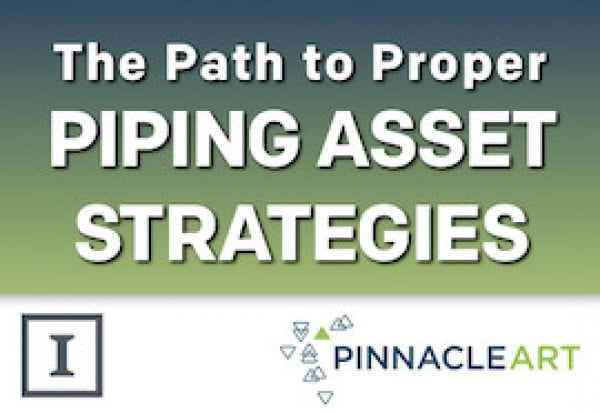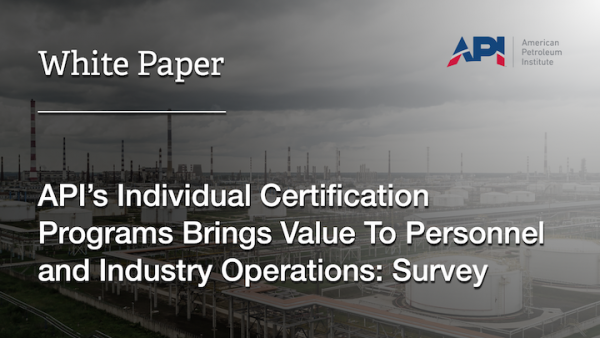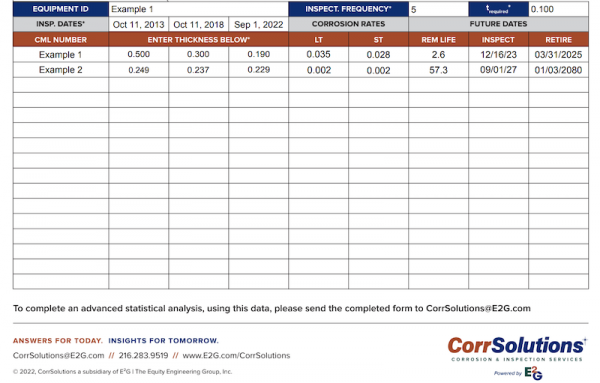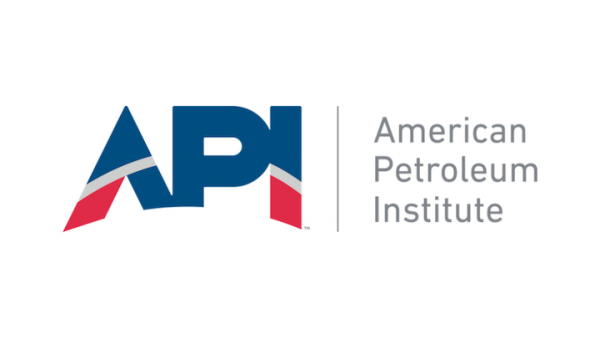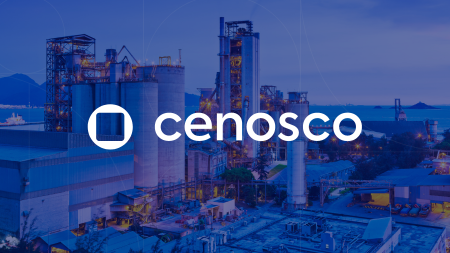API 570, Piping Inspection Code: In-Service Inspection, Repair, and Alteration of Piping Systems, is an inspection code developed and published by the American Petroleum Institute (API). The inspection code covers in-service inspection, rating repair, and alteration of metallic and fiberglass-reinforced plastic (FRP) piping systems and their respective pressure relieving devices. The most recent edition (5th Ed.) was released February 2024.
First published in 1993, API 570 establishes the requirements and guidelines needed to maintain the safety and mechanical integrity of piping systems after they have been commissioned. While it was primarily intended for those systems in the petroleum and chemical processing industries, this code can be applied to any industry that uses piping systems.
API 570 does not cover inspection, repair, or alteration procedures for specialty equipment or equipment that has been decommissioned. However, piping systems that are temporarily out of service and may be recommissioned in the future are covered by API 570.
API RP 574 supplements API 570 to provide information and best practices that assist practitioners in the “how to” inspect piping and common piping components.
Industry Application
API 570 applies to piping systems that involve process fluids, hydrocarbons, chemical products, natural gas, high-pressure gasses, and other flammable or toxic fluids. Some piping systems such as fluid services operating below a certain threshold or fluid services involving water are optional in regards to API 570 requirements. Furthermore, fitness-for-service assessments and risk-based inspection are accepted methods under API 570 for evaluating on-stream piping systems and pressure containing components.
API 570 Piping Inspector Certification
API offers a 570 certification through their Individual Certification Program. The purpose of the certification is to identify individuals that possess broad knowledge in maintenance, inspection, repair, and alteration of in-service metallic piping systems. In order to receive the certification, applicants must pass a two part — one closed-book and one open-book — examination.
In order to take the exam, applicants must meet minimum education and experience requirements. All applicants must have at least 1 year of experience supervising or performing inspection activities described in API 570. In order to maintain certification, pressure vessel inspectors must apply for recertification every 3 years. Education and specific experience requirements are as follows:
- Applicants with no formal education can apply to sit for the exam after acquiring 5 years of relevant industry experience.
- An applicant with a high school diploma or equivalent can apply after acquiring 3 years of relevant industry experience.
- Applicants with 2 year degrees or certificates in engineering or technology require 2 years of relevant experience.
- Those holding a bachelor of science degree or higher must have 1 year of relevant experience.
Related Topics
- API 510 - Pressure Vessel Inspection Code
- API 530 - Calculation of Heater Tube Thickness in Petroleum Refineries
- API 653 - Tank Inspection, Repair, Alteration, and Reconstruction
- API 936 - Refractory Installation Quality Control - Inspection & Testing Monolithic Refractory
- API Individual Certification Program (ICP)
- API RP 1169 - Pipeline Construction Inspection
- API RP 582 - Welding Guidelines for the Chemical, Oil, and Gas Industries
- API RP 588 - Recommended Practice for Source Inspection and Quality Surveillance of Fixed Equipment
- API TES - Tank Entry Supervisor
Relevant Links
Topic Tools
Share this Topic
Contribute to Definition
We welcome updates to this Integripedia definition from the Inspectioneering community. Click the link below to submit any recommended changes for Inspectioneering's team of editors to review.
Contribute to Definition
